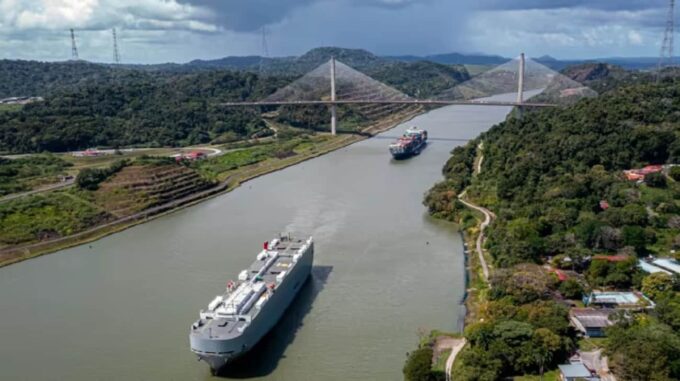Source: Announcement by U

S. President Donald Trump on his official social media platform, Truth Social In his recent address to the public and international partners, Donald Trump emphasized that American military and commercial vessels have the right to pass free of charge through two strategically important sea channels — the Panama Canal and the Suez Canal. According to him, these trade arteries play a crucial role in global commerce and military logistics, and the United States has made a decisive contribution to their development. "American ships, regardless of their purpose — military or commercial — should be allowed to pass freely through the Panama and Suez Canals," Trump stated in his post. "These channels would never exist without the United States and its strategic support. I believe this is a fair right of the U.S. Armed Forces and businesses." Furthermore, the head of American diplomacy assigned Secretary of State Marco Rubio to urgently resolve this issue to eliminate any duplication or additional financial burdens on American ships. Trump emphasized that this matter is a priority for the country's national interest, considering the importance of these canals for ensuring the safety and economic stability of the United States. A significant factor in this story was the recent diplomatic move when the Panamanian government announced the abolition of transit fees for ships belonging to the U.S. This decision, made after a top-level meeting between U.S. Secretary of State Marco Rubio and Panamanian President Jose Raúl Mulino, opened a new chapter in the relations between the two countries. Last week, during his visit to Central America, the diplomat confirmed that the U.S. would use this waterway on equal terms, without additional financial barriers. Against the backdrop of this event, U.S. President Donald Trump stated in his inaugural speech that Americans should regain control over the Panama Canal. According to him, this strategic object, previously under U.S. management, had been "exploited" by China and other external forces. His words reflect a desire to strengthen national interests and ensure strategic independence of maritime routes. In response to these assertions, Panamanian President José Raúl Mulino stressed that the Panama Canal would remain under the control of the country, in accordance with international agreements. "This vital water artery remains a key component of our independence and sovereignty," the country’s leader emphasized, adding that Panama has the full right to independently manage its strategic assets. Thus, in the context of current geopolitical upheavals worldwide, the issue of control over key sea routes such as the Panama and Suez Canals once again comes to the forefront of international politics. The United States seeks to reinforce its position within the global shipping network and ensure uninterrupted access for its vessels, which is an important aspect of its military and economic influence around the world.

